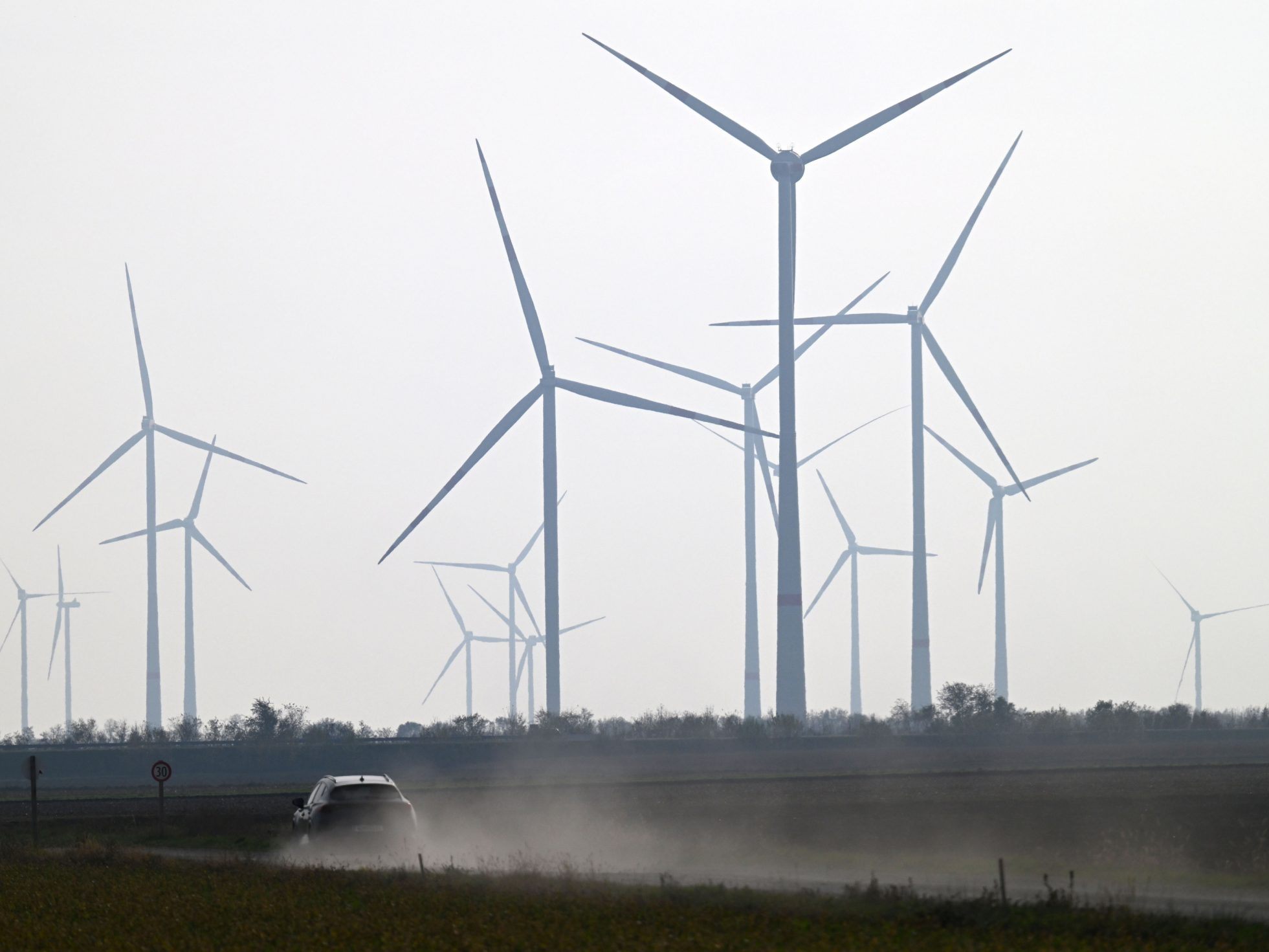Survey Shows: Fight Against Climate Change Has Lost Importance in Austria

The acceptance of renewable energy projects remains high among Austria's population, but has decreased. Photovoltaic systems are significantly less controversial than wind power projects, as a survey published on Thursday by Wien Energie, Vienna University of Economics and Business (WU) and Deloitte shows. Approval for solar systems is at 81 percent, while for wind turbines it is only 60 percent. The values are no longer as high as during the energy crisis of 2022.
Acceptance of Green Power Projects High, But on a Downward Trend
Wien Energie and WU annually survey the mood of Austrians towards renewable energies with the consulting firm Deloitte. In 2022, approval was still at a record high: acceptance for PV systems was at 89 percent and for wind power plants at 69 percent. Since then, it has been downhill, the acceptance values collected in 2024 are the lowest since the study began.
The representative survey of around 1,000 respondents has been conducted since 2015. It shows that wind turbines receive ten to 20 percentage points less approval than photovoltaic systems year after year. One reason for this could be the greater impact on the landscape. This is also evident in the case of large open-space PV systems, which have similar acceptance values to wind power at 63 percent, as the study author from WU, Nina Hampl, explained.
Inflation Overshadows Energy Transition
Wien Energie CEO Michael Strebl attributed the decline in acceptance to high inflation, which he said had overshadowed the issue of energy transition, as he said at the press conference.
However, wind turbines are of great importance for the energy transition, because unlike photovoltaic systems, they can generate green electricity even at night and in winter. For this reason, power producers are increasingly relying on parks where they combine wind and solar power.
Energy is Saved Due to High Costs, Not for Climate Protection
Even in other areas of the energy transition, it is evident that the fight against the climate crisis in Austria has lost its importance. According to the survey, energy is being saved much less often than in 2022, and the reason for saving energy is less about climate protection and more about high costs.
Even those who have installed a PV system on their roof have done so primarily to save costs. The majority of them also plan to expand the system with a battery storage.
Share of Air Heat Pumps in Houses Increased
Since 2017, the proportion of houses with air heat pumps has tripled from 3 to now 9 percent, while the proportion of oil heating systems has decreased from 11 to 7 percent. The share of wood and gas heating systems remained unchanged at 25 percent.
The interest in buying electric cars continued to decline. It fell from a peak of 54 percent in 2018 to 36 percent in 2024. High purchase costs, lower ranges, and charging were cited as reasons. More than two-thirds of respondents also have environmental concerns about electric cars.
Climate Change, Inflation, and Migration Problems of the Next Decades
According to the survey, climate change, along with inflation and migration, is seen as the most pressing problem of the next decades. 59 percent of respondents believe that the effects of climate change are already noticeable in Austria. Only 3 percent said that climate change will "never" be noticeable.
(APA/Red)
This article has been automatically translated, read the original article here.





